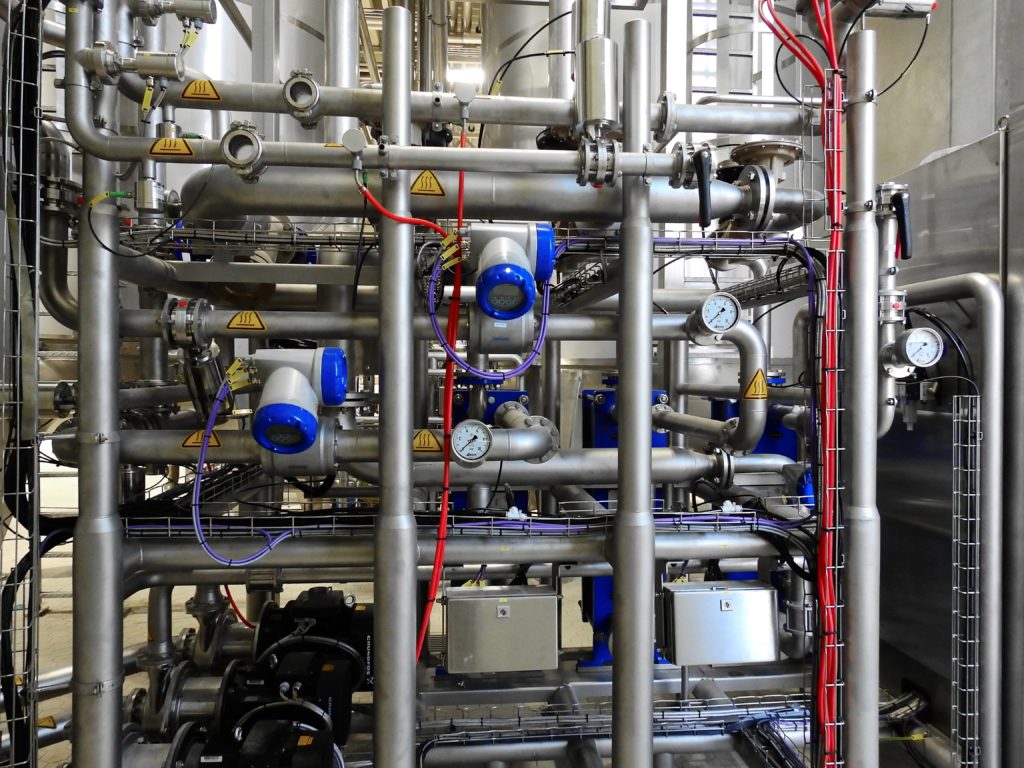Boiler Water Treatment
Water Treatment for Boilers
Boiler water treatment is a process that protects boilers from water-related issues. Boilers utilize heat and water to perform a variety of functions across many different applications. These functions include power generation, heating, and manufacturing, among many more. Because water can contain a number of impurities, it is possible for these impurities to concentrate over time. As the concentration increases, various minerals, including calcium carbonate, are able to slowly accumulate on the heat transfer surface, which can significantly reduce the efficiency of the equipment. This process is called scaling and is just one of the issues that can occur within a boiler system. To avoid issues and maintain a high level of efficiency while also maximizing the working lifespan of your equipment, proper boiler treatment is recommended.
Unique Boiler Water Treatment Solutions
Depending on the application, boiler type, and make-up water requirements, various pre-treatment systems will be necessary to prevent scaling and other potential issues in the system. Pre-treatment could include but is not limited to filtration, water softening, Reverse Osmosis, and mixed-bed resin. Each system is different and has unique requirement for effective pre-treatment and careful attention must be paid to the system in order to prevent scaling, reduce water and chemical usage, and conserve energy.

Pre-treatment and Chemicals
Beyond an effective pre-treatment system, chemical treatment is often used as a final step in the water conditioning. To prevent scaling, various products are used that may modify the crystals, disperse the crystals, increase the threshold at which they form, or even react to form insoluble precipitates that will come out in the blowdown. Dissolved oxygen in a boiler is one mechanism that can cause corrosion in the system. An oxygen scavenger is used to react with any trace oxygen in the boiler to prevent potential pitting corrosion. Many applications will have some percentage of condensate return in order to save energy and reduce boiler water usage by reusing the pure, heated water. As the steam condenses, carbon dioxide has a tendency to form carbonic acid which lowers the pH of the boiler water and can cause corrosion on the return line. One way to address this is through the use of neutralizing amines to neutralize the acid and maintain a proper pH, thus protecting the metallurgy of the system.
Beyond the chemistry briefly mentioned above, there are many other products that are gaining momentum in the market. From Film Forming Amines (Polyamines) to purified tannins there are many products that may provide superior boiler water treatment results in specific applications.
Custom Solutions for Your Business
Of course, this is just a brief overview of boiler water treatment options. Your FCT Water Representative would love to answer any further questions you may have about other treatment options and steps in the process of a complete boiler water treatment program.
Let’s Talk About Your Water
